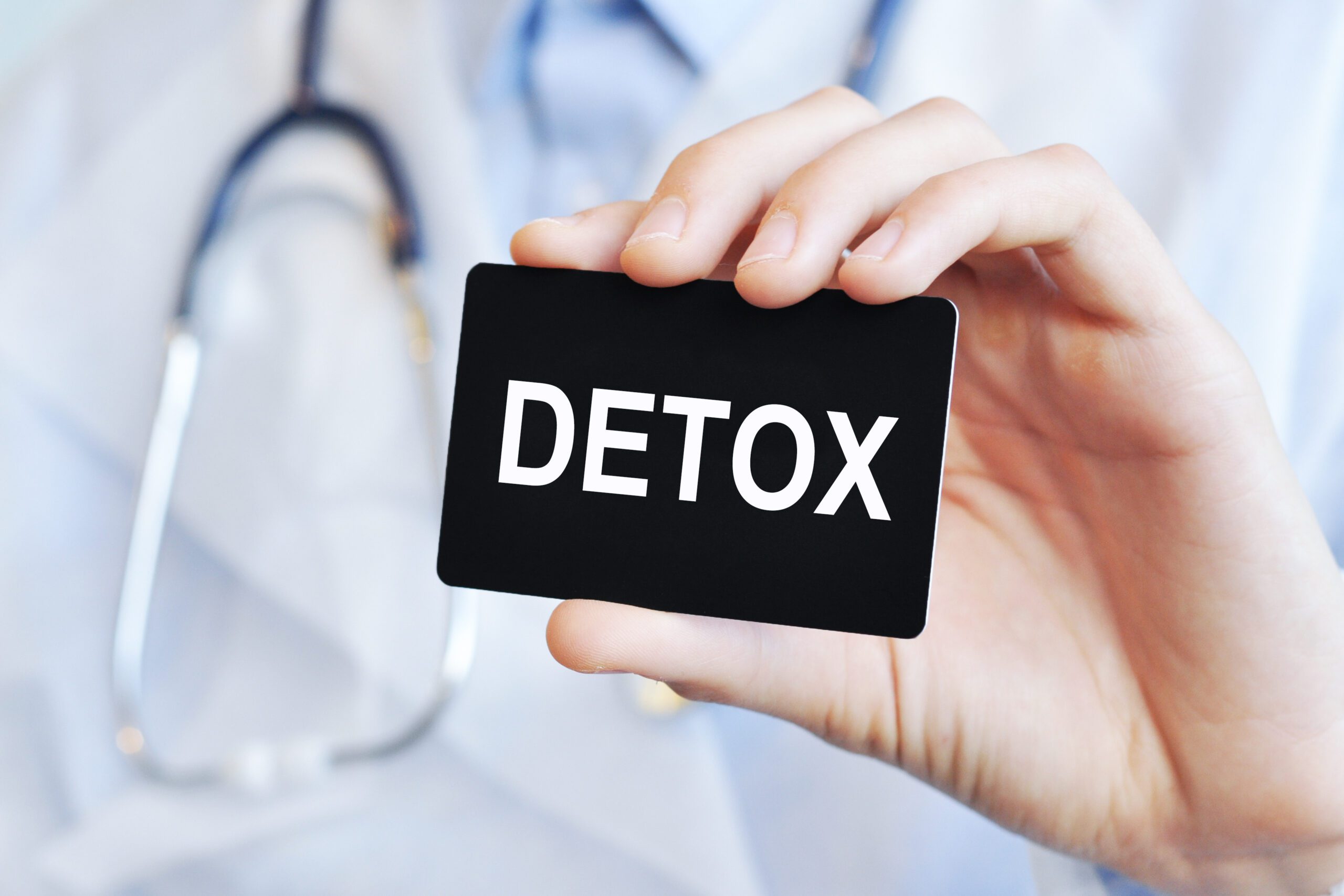One of the scariest things a person in active addiction must face when they want to get sober is detoxing. Withdrawal symptoms typically show up two hours to three days after the person last used the substance, and the most severe symptoms may continue for 3-7 days. At Highland Hospital Behavioral Health in Charleston, West Virginia, we offer medically supervised detox services, which allow a person who wants to get sober to do so in a safe, supportive environment.
Why Medical Detox Monitoring Matters
The process of ridding the body of alcohol or other drugs is not just unpleasant but also potentially life-threatening, particularly if the person has been using heavily for a long time and decides to stop cold-turkey. This can be especially true for alcohol, prescription and illicit opioids, and benzodiazepines. Doctors and nurses in a medically supervised detox watch for medical issues and administer medications to manage the person’s withdrawal symptoms. Depending on the substances used, the person’s symptoms can vary but may include:
- Anxiety
- Shaking
- Headache
- Nausea/vomiting
- Difficulty sleeping
- Hallucinations
- Seizures
Benefits of Supervised Detox
It may seem like it would just be easier to detox in the comfort of one’s own home. However:
- Not all of the medications a doctor can use to help you through a detox can be sent home with you when you do not have constant medical supervision.
- People who detox at home are more likely to relapse than patients who detox under the care of a medical team.
- It may be difficult to find a friend or family member who is willing to monitor your detox 24/7, meaning you could be left alone while facing a medical emergency.
- If you start to have seizures from detoxing while you are at home alone, you may be unable to call for help.
- While you can and should head to the nearest emergency room if you start to develop serious withdrawal symptoms while detoxing, many emergency rooms are not properly equipped to handle detox issues.
Is Detox Required?
Some people do not have insurance or don’t wish to complete detox for some other reason. They wonder if it might be possible to skip this step and jump straight into treatment. Not every treatment program requires all patients to go through detox before they can be submitted for substance use disorder treatment. If you are looking to skip detox, reach out to the treatment program you wish to attend to verify their requirements.
Generally, however, people who have been using one or more substances heavily for a long period of time will need professional detox treatment.
Medication-Assisted Treatment
One of the top benefits of supervised detox is the option to utilize medication-assisted treatment (MAT). The medications offered during MAT can reduce cravings and minimize symptoms of withdrawal. Some of the most commonly used MAT options include:
- Buprenorphine
- Naloxone
- Methadone
These are sometimes combined or formulated in different ways and called by other names. At Highland Hospital, we can offer MAT to our detox patients.
Integrated Approach
One of the other benefits of completing detox at Highland Hospital is that we can provide you with dual diagnosis treatment. This means that if, like many people who have fought addiction, you also struggle with one or more mental health conditions, we can treat both your substance use disorder and your mental health condition in our program. Some of the mental health concerns we treat include:
- Anxiety
- Bipolar disorder
- Depression
- Suicidal ideation
More Than Detox
Not only do we offer round-the-clock nursing and medical support, but we are also able to offer additional benefits to patients who detox with us, including:
- Case management
- Individual therapy
- Group therapy
- Aftercare planning
What Comes After Detox?
Often, when a person has successfully detoxed from alcohol or another drug, their next step is to complete a more long-term substance abuse treatment program, either inpatient or outpatient. Many people also join a recovery group like AA, NA, or SMART Recovery and begin to seek out friendships with other people who are sober and will reinforce their choice to leave drugs and alcohol in their past. Treatment may be followed with sober living in cases where a person is at immense risk of relapse if they return to their home.
At Highland Hospital Behavioral Health, we are here to support adults with substance use disorder with our drug and alcohol detox program. We build customized, whole-person treatment plans with each of our patients and any of their appropriate supports.










